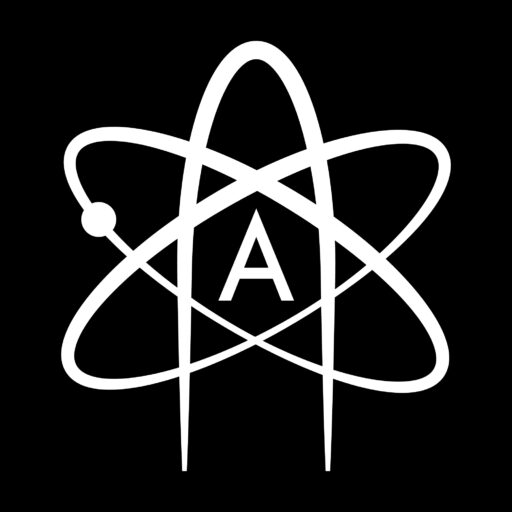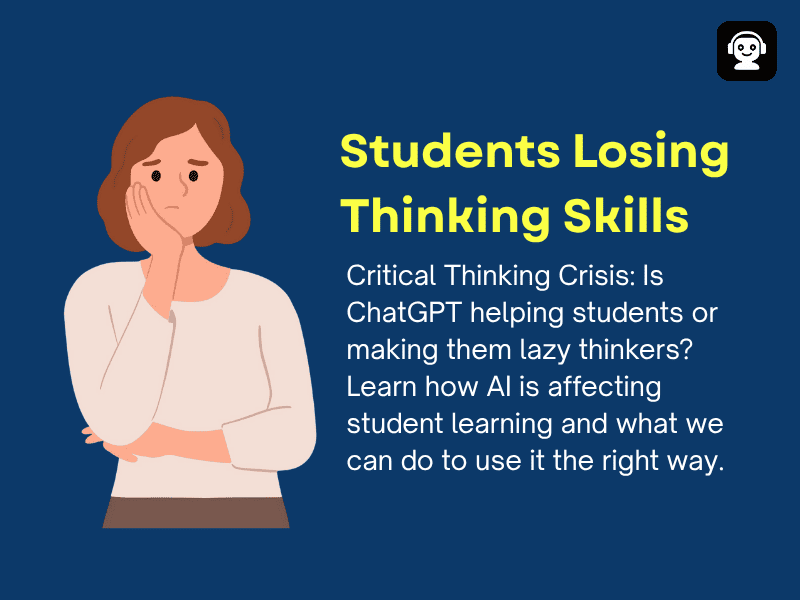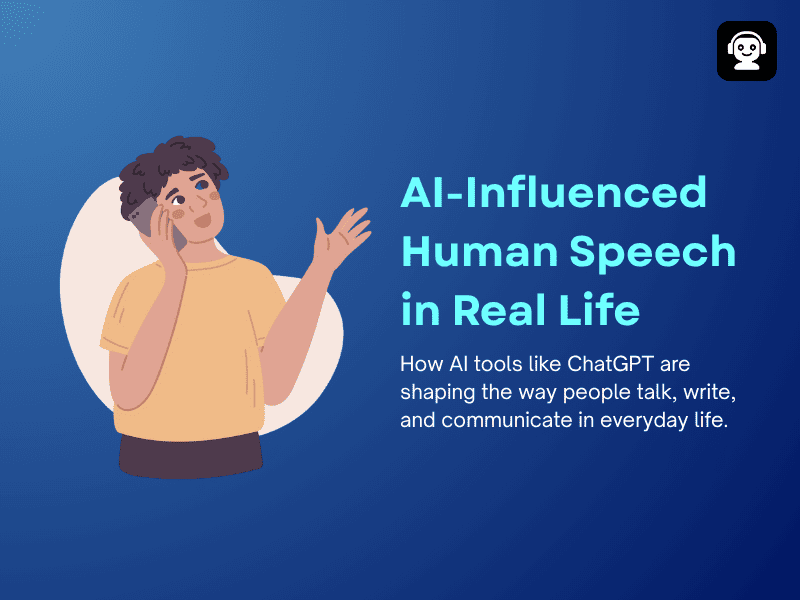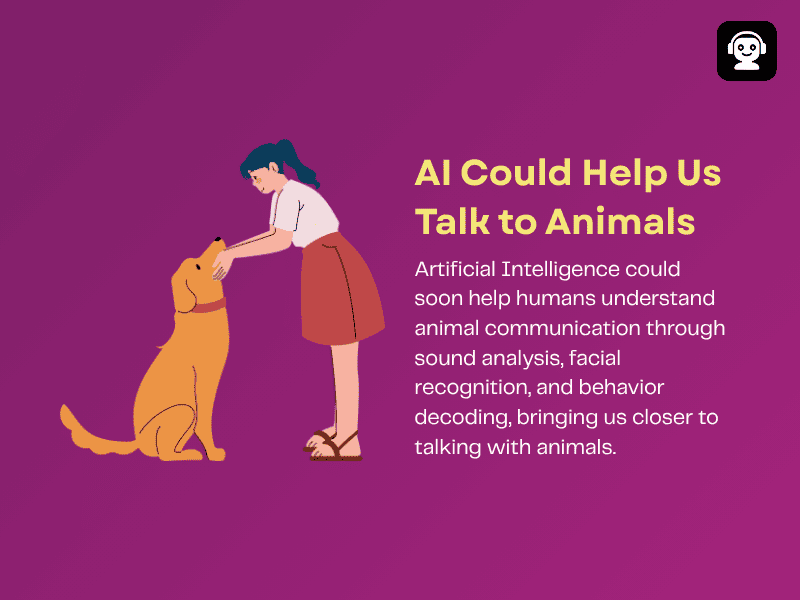How Google Gemini Projects and Genie 3 are Creating a New Way to Work
The AI race is giving everyone the feel of a Formula 1 championship, as every lap has a new

The AI race is giving everyone the feel of a Formula 1 championship, as every lap has a new contender who edges ahead, and no one is slowing down. Even though OpenAI made waves with its Project feature for ChatGPT, Google has recently fired back and responded with something similar, and that is the Google Gemini Projects and Genie 3. The digital workspace powered by Gemini, where files, code, and documents live in one place, the AI doesn’t read them but references them in real-life conversations.
Gemini has now become less of a chatbot and more of a full-fledged collaborator, and just when you thought Google was done, it dropped Genie 3. The attention of the whole internet is on Google Gemini Projects now, and it has grabbed everyone’s attention. Genie 3 is developed by DeepMind, and it is a dream come true for simulation enthusiasts.
The best thing about Genie 3 and Google Gemini Projects is that users can type a text prompt, and suddenly, we will be able to walk through a playable and interactive world that feels straight out of a science-fiction movie. Google is now signalling one thing, and that this is only the beginning. Let’s take a look at how Google Gemini Projects have become sensational in 2025.
Smart Google Gemini Projects
The smart Google Gemini Projects is more than just an add-on, and it is an attempt to transform Gemini into a place where work happens. Users need not juggle multiple apps, and Projects lets you add your files, documents, or code directly into the workspace. The files, when they are in, Gemini can reference them in conversations and answer questions based on their context.
If you upload a research paper, a dataset, or a draft report, Projects could reference the research, analyse the dataset, and help users draft their final report within the same environment. For developers, this could mean real-time feedback, debug help, or even generating a new code block with the help of code addition. Google describes Google Gemini Projects as a way to group similar tasks together and create our own workflows.
According to us, this feels like Google is finally getting serious about embedding AI into the enterprise workflows. Even though it sounds promising, we wonder if limiting it to enterprise users only might slow down the adoption of Projects. Individuals and small teams often drive innovation, and leaving them behind could mean the Google Gemini Projects is giving competitors an edge.
Taking on OpenAI
The idea behind Projects is taking on OpenAI, as the project sounds familiar. OpenAI already introduced something very similar with its Project feature in ChatGPT, and this move suggests Google is not just keeping pace with OpenAI but also mirroring it. The rivalry between Google and OpenAI matters because both tech giants are fighting for enterprise adoption.
If Google’s Projects is able to deliver seamless file integration with Gemini’s reasoning power, it could grab attention from organisations currently testing ChatGPT. The battle is not only about features but also about who becomes the trusted partner for the enterprises. Google is now signalling that it is ready to compete head-to-head with OpenAI in productivity and collaboration.
Read more: AI Fluency Emphasis of Tim Cook: New AI Future-Proofing Careers in 2025
Read more: Elon Musk’s xAI Talent War for a New AI Supremacy in 2025
Genie 3 by Google DeepMind
Genie 3 is developed by Google DeepMind, and it can take a simple text prompt and turn it into a playable and interactive world. Users can easily move through it in real time, look around, and even see their own footsteps in the simulation. Alongside Google Gemini Projects and Genie 3, Google is also working on Gemini 3.
Gemini 3 is expected to push Google’s AI capabilities of large language models with the file-referencing capabilities of Projects and could officially become a one-stop for enterprise AI.





